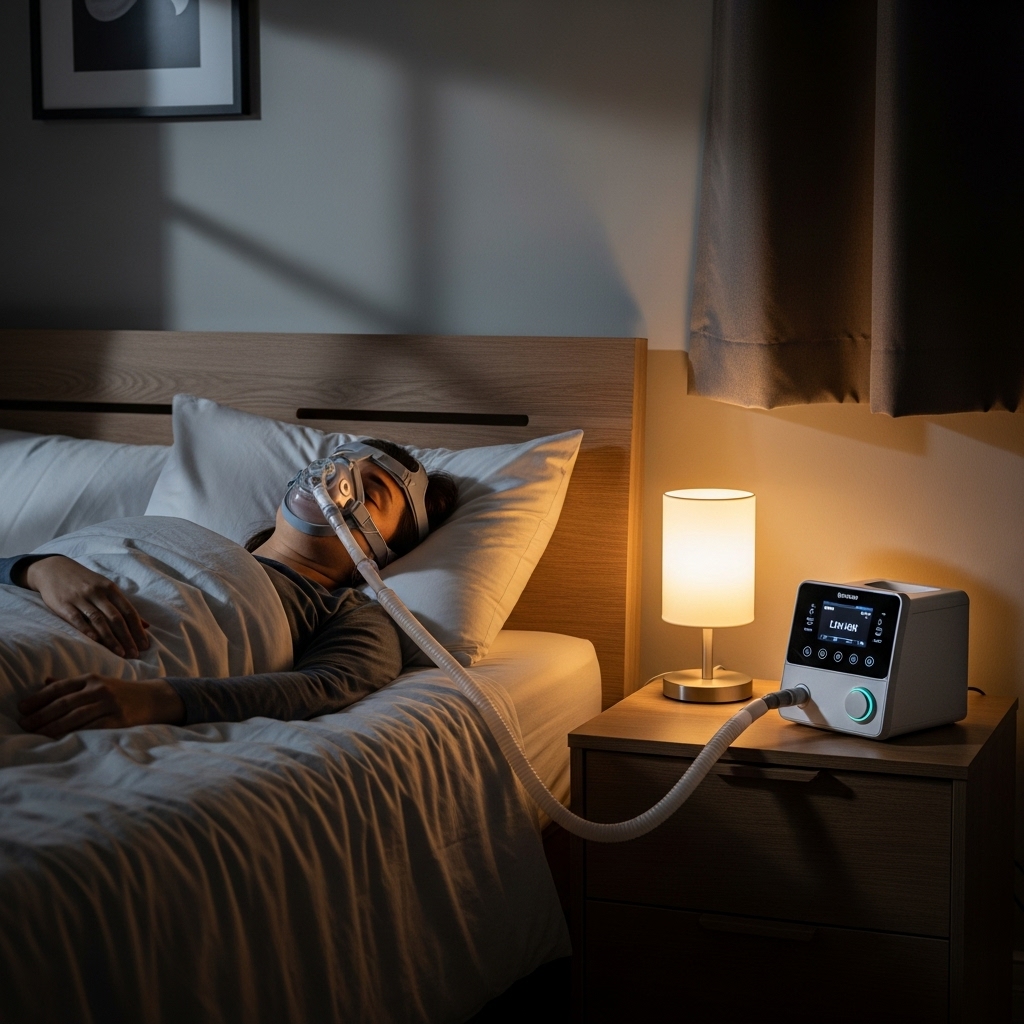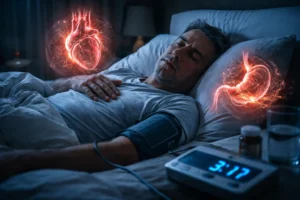Sleep apnea is a common yet serious sleep disorder where breathing repeatedly stops and starts. If you snore loudly and feel tired even after a full night’s sleep, you might have sleep apnea. One of the most effective treatments for this condition is Continuous Positive Airway Pressure (CPAP) therapy. In this article, we will explore how CPAP therapy can transform sleep for apnea patients by discussing its benefits, how it works, and tips for successful use.

Understanding Sleep Apnea and Its Symptoms
Sleep apnea can affect anyone, but certain factors increase the risk, such as being overweight, having a thick neck, or being male. Common symptoms include loud snoring, episodes of stopped breathing during sleep, abrupt awakenings accompanied by gasping or choking, morning headache, and excessive daytime sleepiness.
Types of Sleep Apnea
- Obstructive Sleep Apnea (OSA): This is the most common form, occurring when throat muscles relax.
- Central Sleep Apnea: It happens when your brain doesn’t send proper signals to the muscles that control breathing.
- Complex Sleep Apnea Syndrome: Also known as treatment-emergent central sleep apnea, this condition occurs when someone has both obstructive sleep apnea and central sleep apnea.
Understanding these symptoms and types is crucial for seeking the right treatment and improving sleep quality.
What is CPAP Therapy?
CPAP stands for Continuous Positive Airway Pressure. It is a treatment that uses mild air pressure to keep the airways open, making it easier for people with sleep apnea to breathe during sleep. The therapy involves a CPAP machine, which includes a mask that covers your nose and mouth, a tube that connects the mask to the machine, and a motor that blows air into the tube.
How CPAP Therapy Works
The CPAP machine delivers a constant stream of air through the mask. This airflow helps keep your airway open, preventing pauses in breathing and restoring normal oxygen levels. As a result, CPAP therapy can significantly reduce or eliminate snoring and improve sleep quality.

Benefits of CPAP Therapy
Improved Sleep Quality
One of the most immediate benefits of CPAP therapy is improved sleep quality. By preventing airway obstruction, CPAP allows for continuous, uninterrupted sleep. Patients often experience fewer awakenings during the night and feel more rested in the morning.
Reducing Sleep Apnea Symptoms
CPAP therapy effectively reduces or eliminates the symptoms of sleep apnea. With regular use, patients can see a significant decrease in snoring, daytime sleepiness, and morning headaches. This improvement in symptoms can lead to better overall health and quality of life.
Decreased Risk of Health Complications
Untreated sleep apnea can lead to various health issues, such as high blood pressure, heart disease, stroke, and diabetes. By managing sleep apnea symptoms with CPAP therapy, patients can reduce their risk of these serious health complications.
Enhanced Daytime Alertness
With better sleep quality, CPAP users often experience increased alertness during the day. This improvement in daytime functioning can lead to better concentration, mood, and productivity.
Tips for Successful CPAP Compliance
Despite its benefits, some patients find it challenging to adapt to CPAP therapy. Here are some tips to help improve compliance:
Choose the Right Mask
Finding a comfortable mask is crucial for successful CPAP therapy. Masks come in various shapes and sizes, so it’s essential to work with your healthcare provider to find the one that fits best and feels most comfortable.
Gradual Adjustment
If you find it difficult to get used to the CPAP machine, try wearing the mask for short periods during the day. Gradually increase the time you use it until you can comfortably wear it all night.
Maintain Your CPAP Equipment
Regularly clean your CPAP equipment, including the mask, tubing, and machine, to ensure it functions correctly and remains hygienic. Follow the manufacturer’s recommendations for cleaning and replacing parts.
Use a Humidifier
Some CPAP users experience dryness or irritation in their airways. Using a humidifier with your CPAP machine can help alleviate these issues by adding moisture to the airflow.
by NOAA (https://unsplash.com/@noaa)
Seek Support
Joining a support group or connecting with other CPAP users can provide encouragement and tips for overcoming challenges. Your healthcare provider can also offer guidance and resources to help you succeed with CPAP therapy.
Conclusion
CPAP therapy is a powerful tool for transforming sleep for apnea patients. By improving sleep quality, reducing symptoms, and decreasing the risk of health complications, CPAP therapy can significantly enhance the lives of those with sleep apnea. With the right equipment, support, and commitment to compliance, patients can experience the full benefits of CPAP therapy and enjoy a restful night’s sleep. If you suspect you have sleep apnea, consult with a healthcare professional to discuss the best treatment options for you. Remember, better sleep leads to a healthier life.








